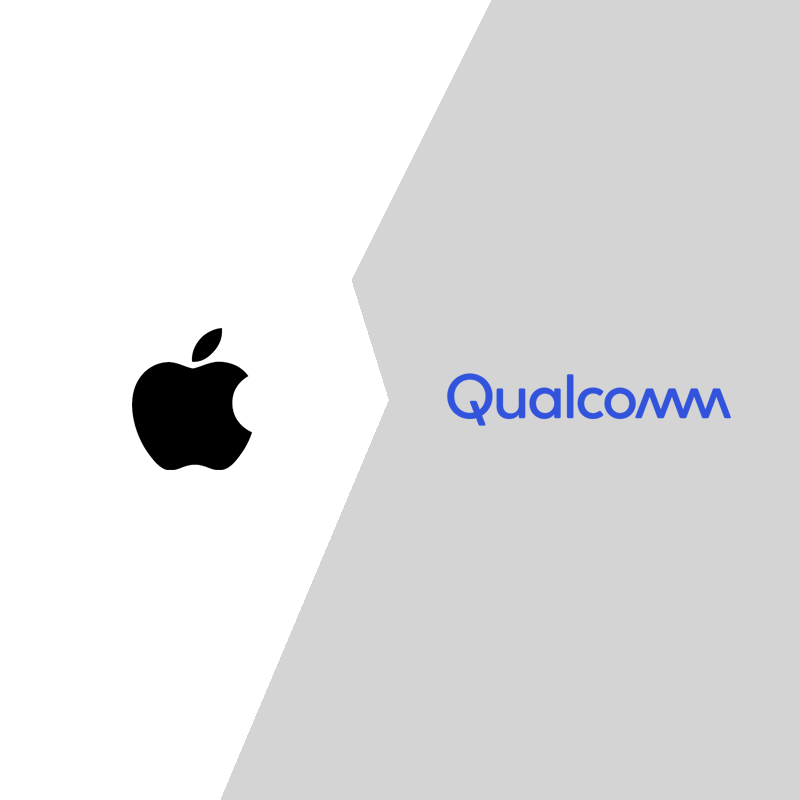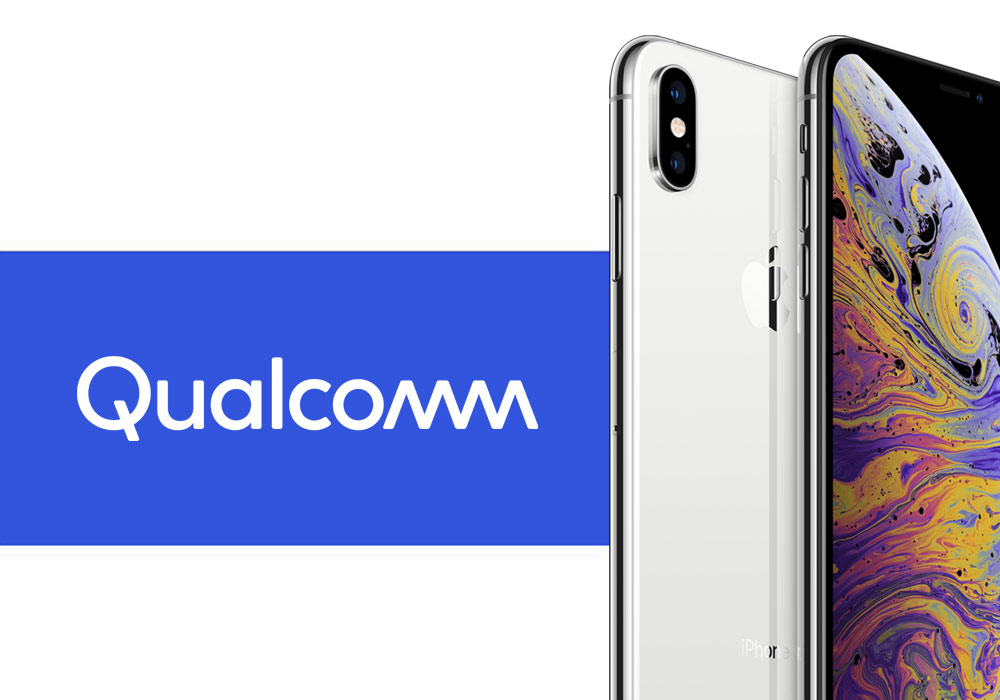
Qualcomm and Apple have reached a settlement in their royalty dispute.
The two companies in reaching an agreement is rather remarkable as their trial was just set a day earlier, and was expected to run through May. Furthermore, Apple only finished presenting opening arguments hours before that.
It was initially seemed highly unlikely that Apple and Qualcomm would reach a settlement to their two-year battle.
However, this ended as Apple agreed to pay Qualcomm. The two have also reached a six-year license agreement effective as of April 1, 2019, including a two-year option to extend, and a multiyear chipset supply agreement.
With the deal, the two companies agreed to dismiss all litigation between them worldwide.
It began when Apple accused Qualcomm in what it called "double-dipping."
Apple’s lawyers attempted to explain to the jury that Qualcomm effectively charged Apple twice for use of its patents and modem chips. With Qualcomm influence in the hardware industry, the company used its monopoly to stifle competition and dictate unfair terms, Apple's lawyers said.
Apple paid Qualcomm $16.1 billion for its modem chips between 2010 and 2016. But on top of that, Apple was also required to pay $7.23 billion in licensing fees.
Apple’s argument was that those numbers should be a lot lower without the double dipping.
When the two were in the patent battle, Apple sought an alternative for its chipset, seeing Intel as a candidate. This was because Qualcomm refused to provide Apple's iPhones its hardware. However, Intel was said to struggle to meet Apple's deadline putting a big question mark to when iPhones will get 5G connectivity.
But with Apple and Qualcomm ending their dispute, Apple is looking forward to speed up the arrival of 5G modems inside its future iPhones.

Later, it was discovered that Apple played some strategies to bargain the deals.
One particularly strategy that was found by Qualcomm lawyers is that, Apple's emails showed the company in specifically seeking cheap patent licenses.
The company was said to make those patents as evidence against Qualcomm’s royalties.
Apple lawyers argued to the jury that Apple had successfully made deals with patent licenses from companies like Huawei and Ericsson, and that all those patents when grouped together, were twice the size of Qualcomm’s patents, but available at a fraction of the cost.
This argument seemed valid, but that was only until Qualcomm found contradictory evidence that Apple had strategically set out to buy lots of patents that would make Qualcomm’s look cheap.
Qualcomm lawyers said Apple’s aim was to "create" evidence.
"So they went out to these other companies and they negotiated very cheap deals within the last couple of years to create the evidence to come in here and tell you that those guys are the good guys because they are getting less for their patents and we are the bad guys," said Qualcomm lawyer Evan Chesler to the jury.
If proven true, it may seem that Apple was behaving in bad faith to the antitrust commissions about the true value of Qualcomm’s patent portfolio.